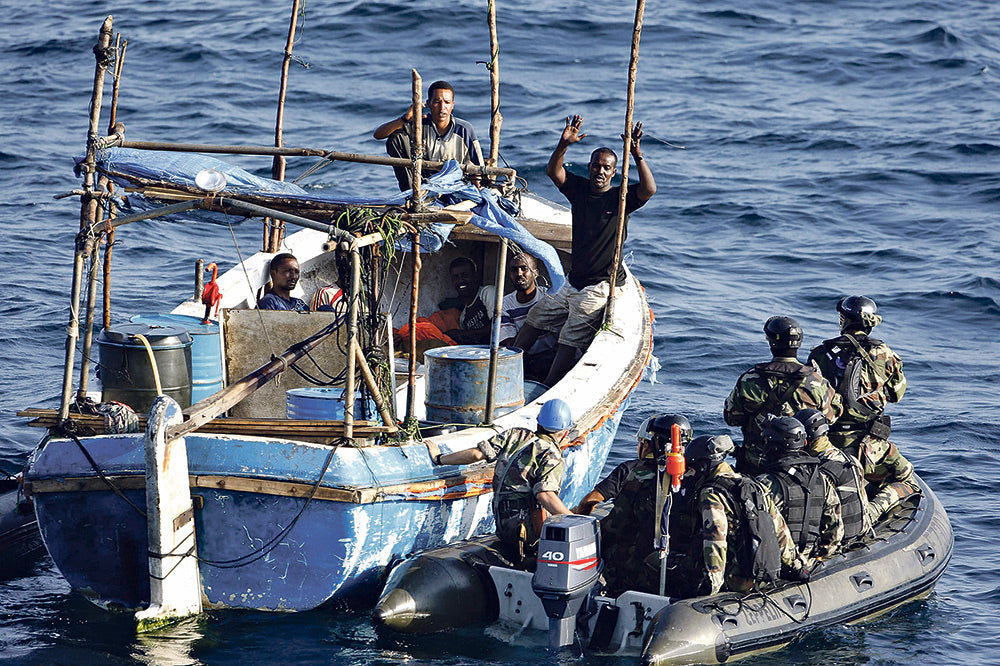
Africa: the worrying rise of maritime piracy and its economic implications.
Maritime insecurity is a veritable sea serpent that snakes dangerously through African oceans. The UN is sounding the alarm about piracy, which, far from being a residual problem, is becoming an increasingly worrying scourge. The oceans, those coveted expanses of blue water, are becoming the scene of clashes between devious pirates and merchant ships. The consequences are not limited to the actors directly involved, but affect food security, trade, and, by extension, the economic development of an entire continent.
Pirates: Entrepreneurs of Chaos
Let's not kid ourselves, maritime piracy is the underground economy at its peak. Contrary to the clichés conveyed by action movies and corsair novels, it's not just about shaggy beards and parrots on their shoulders. These sea bandits are today entrepreneurs of chaos, with organized networks, sometimes far more sophisticated than the maritime authorities themselves. This is evidenced by the UN report, which notes an increase in acts of piracy off the African coast, particularly in the Gulf of Guinea. Pirates are transforming into strategic actors, playing not only on fear, but also on the workings of global trade.
The consequences for economic development
Piracy outposts therefore jeopardize not only the safety of ships, but also the economic health of coastal nations. Maritime protection costs are exploding, impacting economic players from fishermen to importers. Meanwhile, basic necessities are becoming more difficult to import, exacerbating the already prevalent food crises in Africa. A vicious spiral that penalizes already vulnerable populations. In a continent where development is still a dream to be realized, allowing criminals to dictate their laws at sea is mind-bogglingly absurd.
Responses from the international community: empty promises?
Faced with this growing phenomenon, the international community seems to be wavering. Promises of concrete action often clash with the reality of bureaucratic inefficiency. Naval operations are being attempted, but without genuine and sustained commitment from coastal countries, what will come of it? The UN is calling for a mobilization of all, but this remains very theoretical. Even so, history reminds us that words can often be far removed from actions. Time is commensurate with reality: it is time to move from words to actions, to turn back the sails of an ocean polluted by insecurity.
Beyond the seas, all of Africa is at stake. The oceans can become a symbol of economic revival, but they can also serve as a reminder of struggles for survival. So, how can we ensure that the flood of promises carries with it the weight of evil? Only a collective and forceful response can bring a glimmer of hope in the face of this sea of uncertainty.



Leave a comment
This site is protected by hCaptcha and the hCaptcha Privacy Policy and Terms of Service apply.